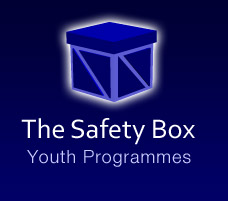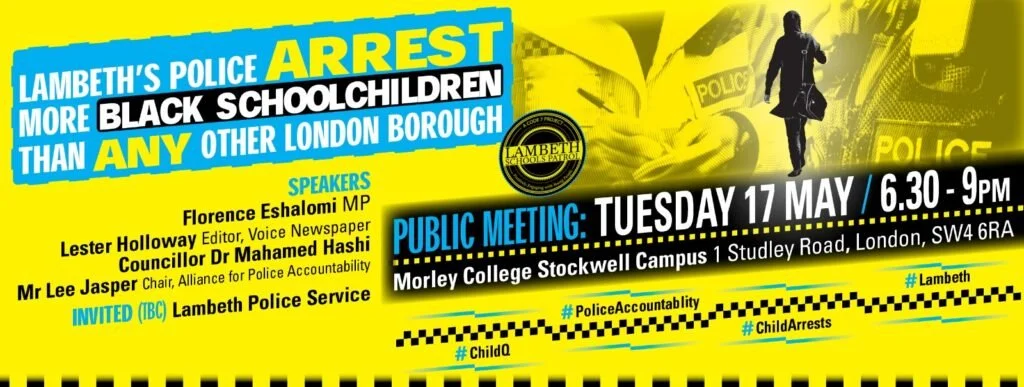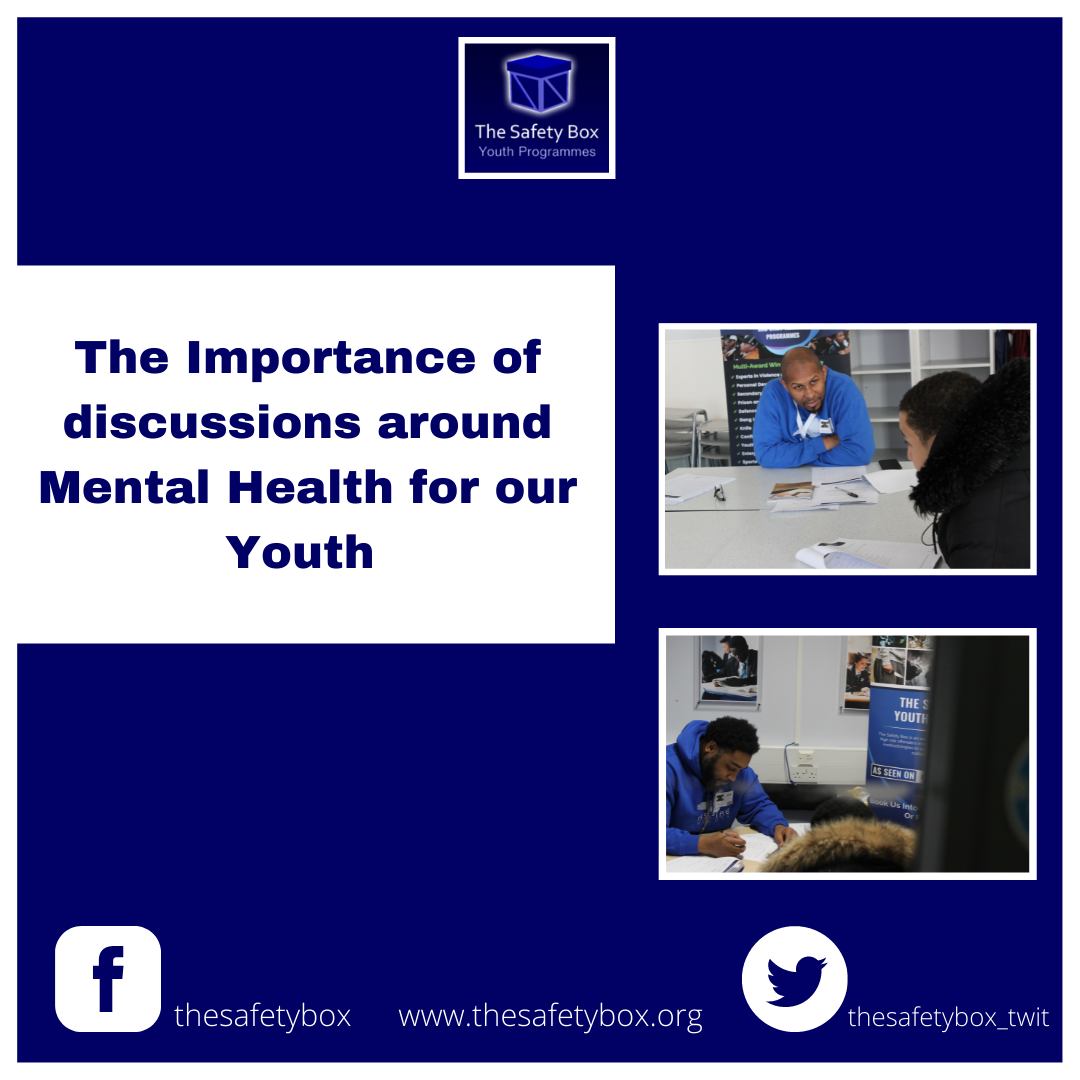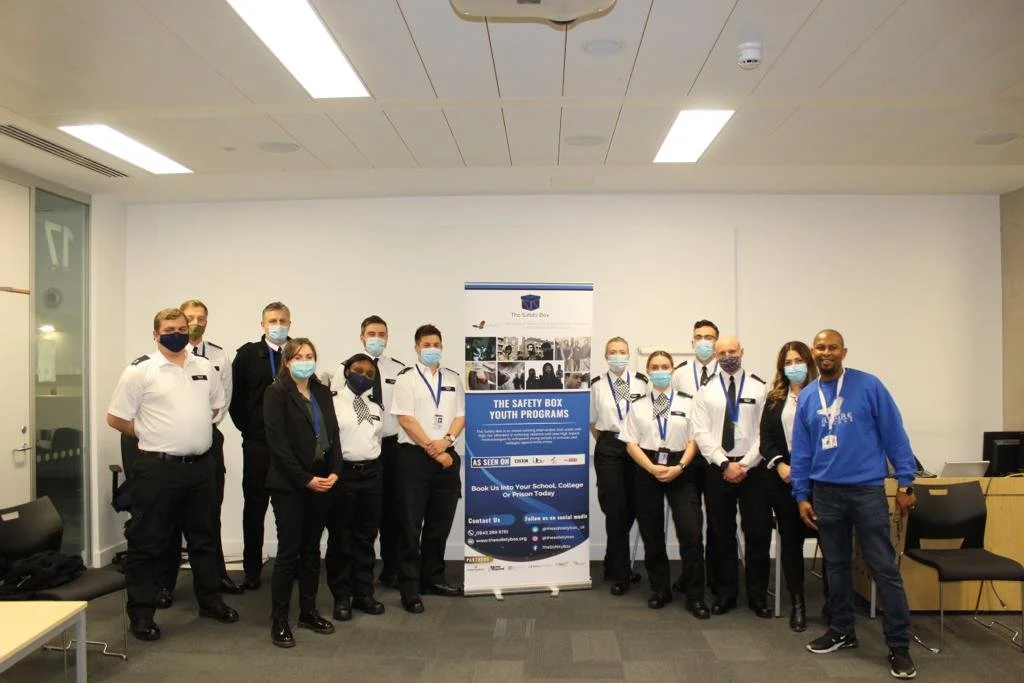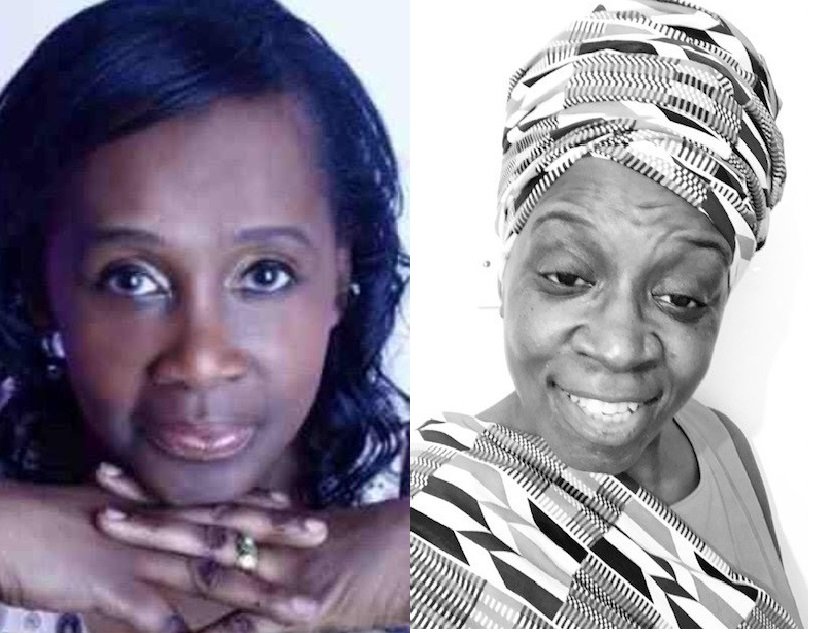Today, our community is mourning the tragic stabbing of a 14-year-old child on a bus in Woolwich. This heartbreaking incident underscores the urgent need for effective solutions to combat youth violence. We are a leading violence reduction organisation, and have been at the forefront of addressing these issues, yet we continue to face significant funding challenges.
The Safety Box has a proven track record of reducing youth violence through evidence-based programmes. Over the past 18 years, we have positively impacted thousands of young lives by providing accredited programmes and services designed to prevent and reduce knife crime, gang violence, and other forms of youth offending. Our initiatives include high-risk mediation programmes, intensive support for high-risk youth, and violence reduction programmes in schools and communities.
In addition, our knife defence tactics have empowered young people to feel confident in defending themselves if attacked with a knife, protecting vital areas of their bodies. We believe our self-defence programmes need to be taught widely to more young people. Unfortunately, while some youth justice services have embraced these programmes, many schools have yet to adopt them and it’s only a few that have taken it on.
Despite our success, budget cuts and limited funding to the third sector have hindered our ability to expand our reach. It is a stark reality that while a single murder can cost millions of pounds, organisations like ours, which achieve measurable results, struggle to secure the necessary resources to continue our vital work. London's Violence Reduction Unit has been instrumental in supporting our efforts, but more support is needed.
We urgently call on policymakers, community leaders, and the public to recognise the importance of investing in youth violence prevention. The Safety Box has demonstrated groundbreaking results, with significant reductions in group youth violence and high rates of positive engagement in employment post-intervention. Our curriculum has successfully steered young people away from violence, helping them achieve higher rates of violence reduction.
To continue making a difference, we need increased funding and support. We need more resources to expand our programmes and reach more young people at risk. Together, we can create a safer future for our children and communities.
Britain's knife crime crisis
The Safety Box is at the forefront of confronting one of the UK’s most alarming safety crises. In March 2024, the ONS revealed a staggering 78% rise in knife crime since the pandemic—a chilling reality that leaves every child and young person more vulnerable than ever before. Heartbreakingly, young boys remain the most frequent victims of this devastating surge, their futures overshadowed by a growing tide of violence. Together, we can prevent more young lives and their families from being shattered by violence.
"We also need to deal with the sanctions for those that are found with knives”.
Prime Minister, Sir Keir Starmer
“I was incensed about the lack of care and attention that people were showing about knife crime,”
Idris Elba
King Charles is urging the government to help fight back against violence and knife crime
Join us on a transformative journey with our 12-week program, “Aspire Higher” a holistic solution that changes lives. With an incredible 96% success rate, our dedicated and compassionate team has already empowered over 27,500 young people, bridging the gap between families, schools, and businesses. But the need is still great, and we can’t do it alone. There are so many more lives waiting for a second chance, and your generosity can make all the difference.
Will you be the one to help save a life today?
We need to take action to stop it!
We urgently need your support to cover our running costs and continue our vital work. Your donations will empower those who need it most—especially parents grappling with youth facing mental health challenges or at risk of criminal exploitation.
For more information about The Safety Box and to donate, please visit https://www.thesafetybox.org/support
